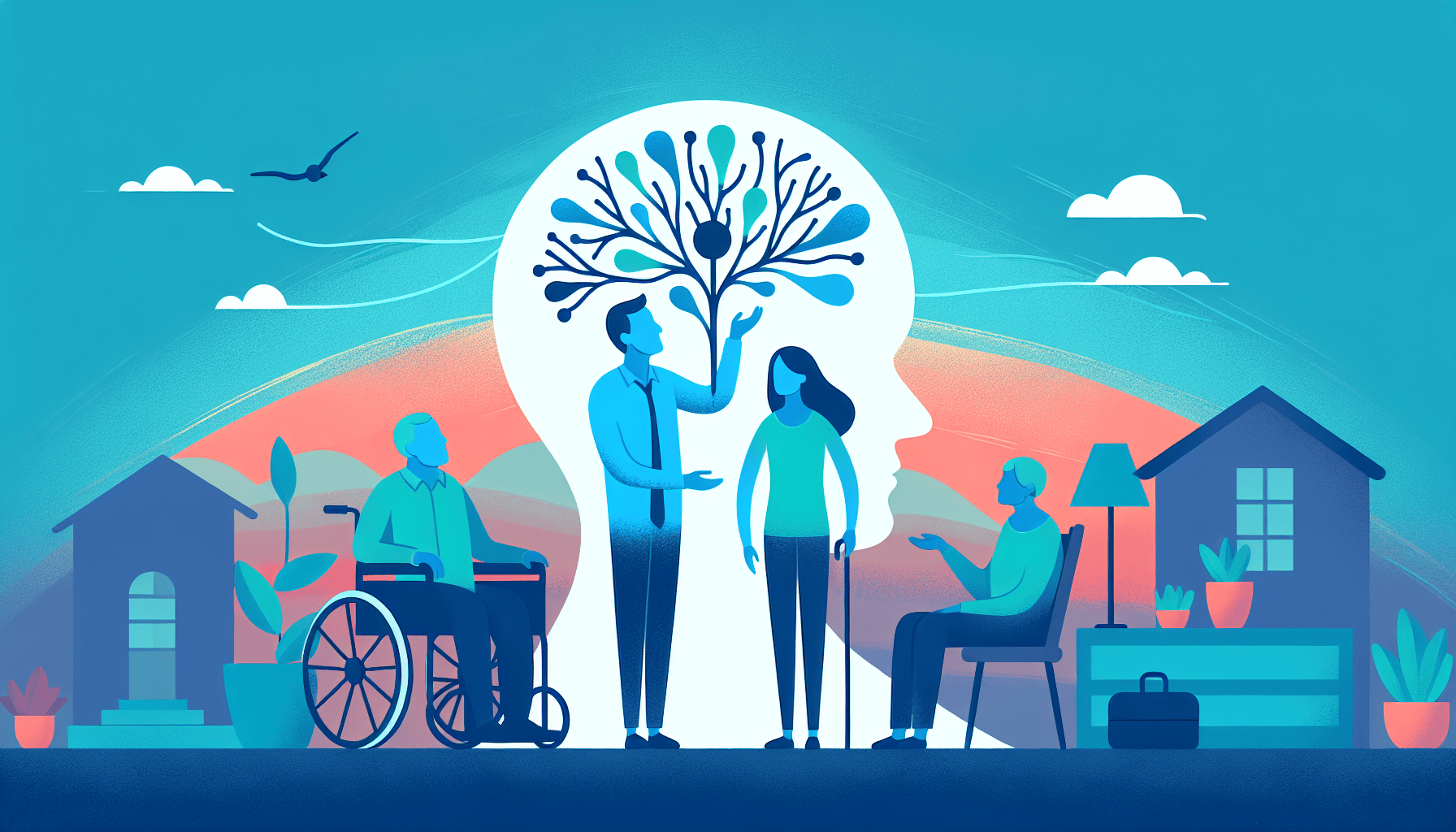Motor neuron diseases are a group of conditions that affect the nerve cells responsible for controlling voluntary muscle movements. These diseases cause the gradual deterioration of motor neurons, leading to muscle weakness, atrophy, and loss of control over movements. In this article, we'll explore the different types of motor neuron diseases, their symptoms, and how to manage them.
What Are Motor Neurons?
Motor neurons are specialized nerve cells that transmit messages from the brain to the muscles, enabling movement. There are two main types of motor neurons:
Upper motor neurons: Located in the brain, they send messages to the spinal cord.
Lower motor neurons: Found in the spinal cord, they transmit messages from the brain to the muscles.
When motor neurons are damaged or die due to a motor neuron disease, the electrical messages from the brain can't reach the muscles effectively, leading to muscle weakness and atrophy.
Types of Motor Neuron Diseases
Amyotrophic Lateral Sclerosis (ALS)
ALS, also known as Lou Gehrig's disease, is the most common motor neuron disease in adults. It affects both upper and lower motor neurons, causing gradual loss of control over walking, talking, chewing, swallowing, and breathing. Most cases of ALS are sporadic, meaning anyone can develop the disease, while 5-10% of cases are inherited.
Primary Lateral Sclerosis (PLS)
PLS is similar to ALS but only affects upper motor neurons. It causes weakness, stiffness, and poor coordination in the arms and legs, as well as slowed and slurred speech. Unlike ALS, PLS is not fatal.
Progressive Bulbar Palsy (PBP)
PBP is a form of ALS that damages motor neurons in the brain stem, affecting the ability to chew, swallow, and speak. It also makes it difficult to control emotions, leading to involuntary laughing or crying.
Spinal Muscular Atrophy (SMA)
SMA is an inherited condition that affects lower motor neurons due to a defect in the SMN1 gene. There are four types of SMA, categorized by the age of onset and severity of symptoms. SMA can cause muscle weakness, poor reflexes, and difficulty swallowing and breathing.
Kennedy's Disease
Kennedy's disease is an inherited condition that only affects males. It causes hand tremors, muscle cramps, weakness in the face, arms, and legs, and difficulties with swallowing and speaking. Men with Kennedy's disease may also have enlarged breasts and low sperm count.
Managing Motor Neuron Diseases
While there is no cure for motor neuron diseases, various treatments and therapies can help manage symptoms and improve quality of life.
Medication Options
Several medications have been approved that may help extend life expectancy in ALS:
Riluzole: May extend life expectancy by 6-19 months. This medication works by reducing the release of glutamate, which can damage motor neurons.
Edaravone: May extend life expectancy by approximately 6 months. This antioxidant helps protect nerve cells from damage.
Tofersen: May extend life expectancy by approximately 7.3 months. This medication is specifically designed for people with ALS caused by mutations in the SOD1 gene.
Other Treatment Approaches
Additional management strategies may include:
Physical therapy to maintain muscle strength and flexibility
Occupational therapy to adapt daily activities and maintain independence
Speech therapy to improve communication and swallowing abilities
Assistive devices, such as wheelchairs, braces, and communication aids
Medications to alleviate muscle cramps, stiffness, and other symptoms
If you or a loved one is experiencing symptoms of a motor neuron disease, it's essential to consult with a healthcare professional for an accurate diagnosis and personalized treatment plan. With proper management and support, people with motor neuron diseases can maintain their quality of life and continue to participate in activities they enjoy.
For more information on motor neuron diseases, visit:



